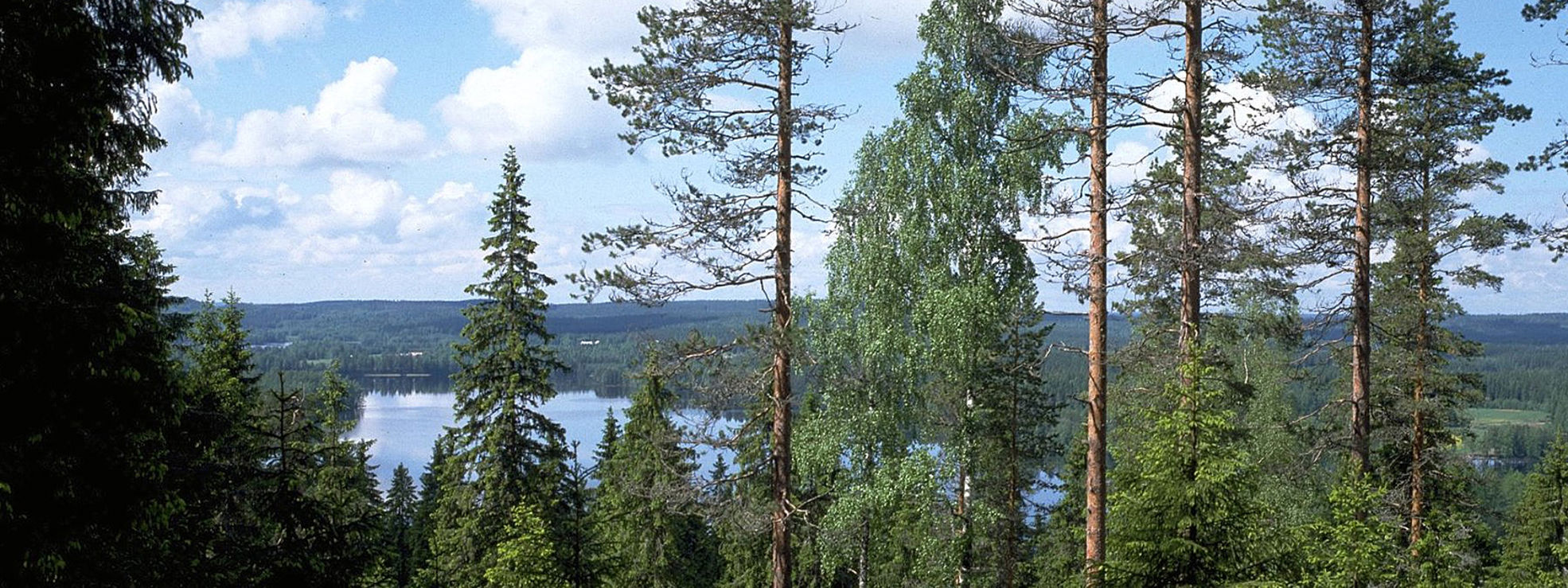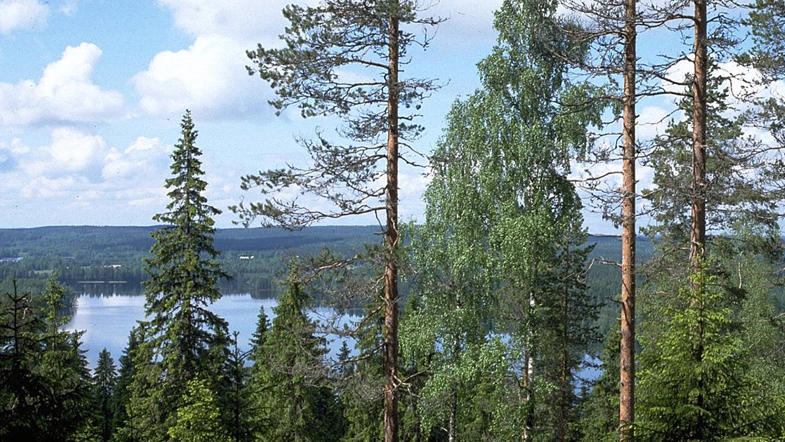“Consumers increasingly want to know how big the carbon footprints of various products are.”
Various industries have already started to invest to cut the emissions.
“Many positive signs can already be seen. The change will certainly take place in stages, as power plants and industrial plants have a lifetime of tens of years.”
In theory, the industry could also capture carbon dioxide from flue gases, but cost-effective technologies for this purpose do not yet exist.
“The realistic scenario is the abandonment of fossil energy,” Taalas concludes.
Effective and globally comprehensive actions are needed if we want to prevent climate change.
As the source of almost one-quarter of CO₂ emissions, industry must be a central part of the clean energy transition.
“Today, 85 percent of the world’s energy use is based on fossil fuels such as coal, oil, and natural gas. We need to reverse the pattern of energy consumption so that in 10 to 15 years, we will produce almost all the energy we need with nuclear power, hydropower, and renewable energy sources,” Taalas emphasizes.
IPCC is the United Nations body for assessing the science related to climate change.


